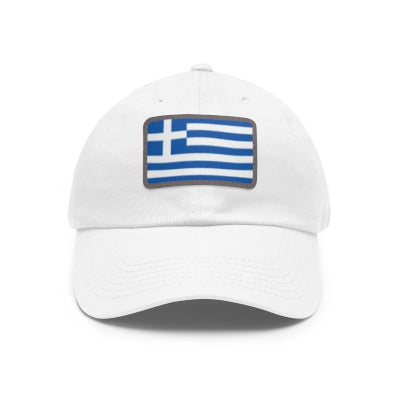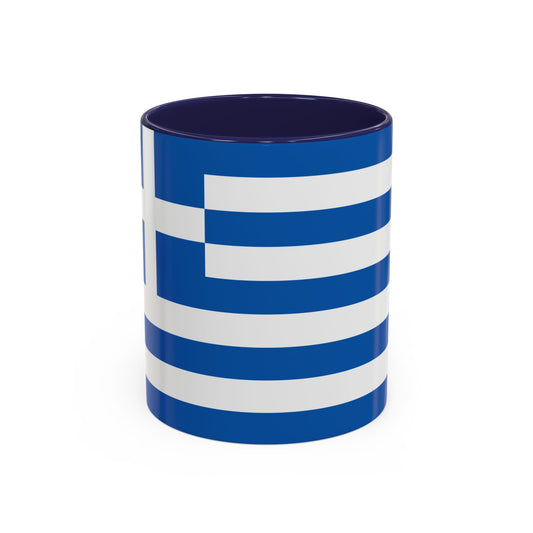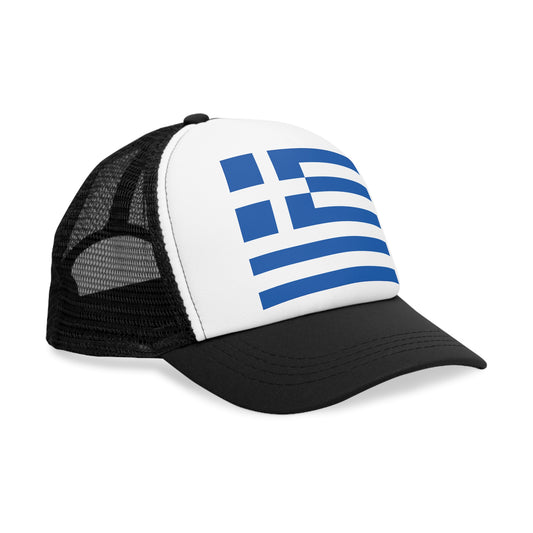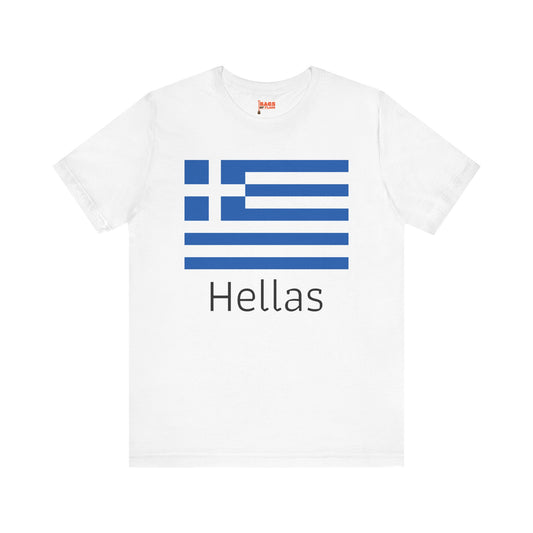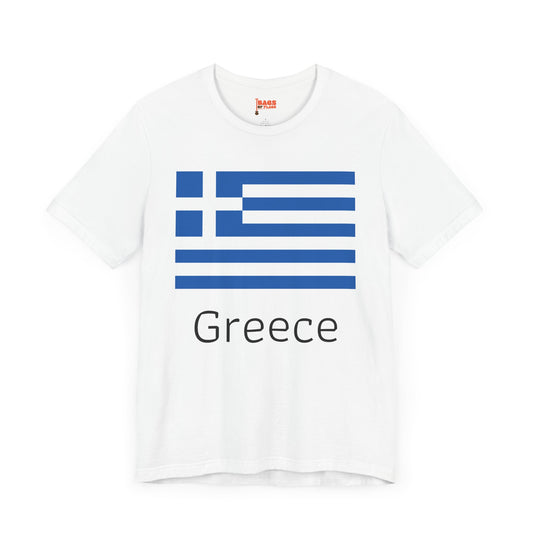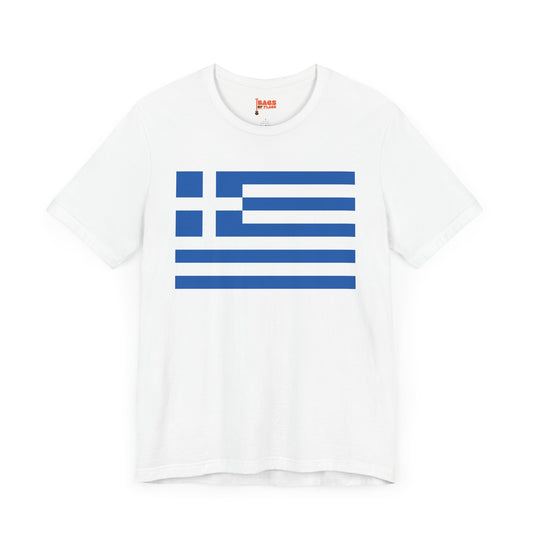-
Greece Leather Patch Hat
Regular price $18.85 USDRegular priceUnit price / per -
Greece Pillow
Regular price $22.65 USDRegular priceUnit price / per -
Greece Backpack
Regular price $59.79 USDRegular priceUnit price / per -
Greece Flag Sweatshirt
Regular price $34.15 USDRegular priceUnit price / per -
Hellas Sweatshirt
Regular price $34.15 USDRegular priceUnit price / per -
Greece Sweatshirt
Regular price $34.15 USDRegular priceUnit price / per -
Greece Mug
Regular price $11.65 USDRegular priceUnit price / per -
Greece Trucker Cap
Regular price $14.90 USDRegular priceUnit price / per -
Greece Hoodies
Regular price $34.40 USDRegular priceUnit price / per -
Hellas Hoodies
Regular price $34.40 USDRegular priceUnit price / per -
Hellas T-shirts
Regular price $22.79 USDRegular priceUnit price / per -
Greece T-shirts
Regular price $22.79 USDRegular priceUnit price / per -
Greece Flag on Hoodies
Regular price $34.40 USDRegular priceUnit price / per -
Greece Flag on T-shirt
Regular price $22.79 USDRegular priceUnit price / per -
Greece Flags - Greece National, Royal & Military Flags
Regular price From $43.20 USDRegular priceUnit price / per -
Greece Flag with or without Coat of Arms
Regular price From $34.12 USDRegular priceUnit price / per
Collection: Greece
The Greek flag, also known as the flag of Greece, is a symbol of national pride and identity for the Greek people. With its iconic blue and white colors, the flag has a rich history and symbolism, reflecting the country's heritage and values. We will explore the design, historical context, symbolism, current relevance, and unique protocols of the Greek flag.
Overview of the Greece Flag's Design and Colors

The flag of Greece is immediately recognizable. It features nine equal horizontal stripes that alternate between blue and white, culminating in a canton of blue at the hoist side bearing a white cross. This layout offers a visually striking contrast and holds deep significance for the Greek people. The choice of blue symbolizes Greece's vast seas and clear skies, a nod to its geographical beauty and historical reliance on the sea for exploration and trade.
On the other hand, White stands for the purity and noble ideals of freedom that have historically motivated the nation's quest for independence. The white cross placed within the blue canton directly references Greek Orthodox Christianity, underlining the religion's profound influence on Greek culture and identity. This combination of elements in the Greece flag's design encapsulates the essence of the nation's spirit, landscape, and deeply rooted traditions, presenting a compelling visual narrative of Greece’s past, present, and aspirations.
Historical Context of the Greece Flag

The flag of Greece as it is known today was officially adopted on December 22, 1978, but its origins and the use of blue and white as representative colors for Greece date back to the early 19th century, during the emotional years of the Greek War of Independence against Ottoman rule. The symbolism and design have evolved through various iterations before settling on the current version. This flag’s history is closely tied to Greece's struggle for sovereignty, reflecting a period of national awakening and the fight for freedom that has profoundly shaped the nation's identity.
Over the years, slight modifications have been made to the shade of blue, reflecting political changes and societal preferences. Initially, the flag’s usage was more prominent at sea, embodying the maritime spirit of the Greek revolutionaries. The adoption of the current design marked a significant moment in Greece's modern history, symbolizing unity and the country's forward trajectory while staying deeply rooted in its storied past. This historical backdrop adds depth to the flag’s presence, symbolizing national pride but also resilience and the enduring pursuit of liberty.
Symbolism Embedded in the Greece Flag
The interplay of blue and white stripes on the Greek flag reflects the nation's physical connection to its seas and skies and carries profound symbolic meaning. Each of the nine stripes represents a syllable in the battle cry "Freedom or Death" (Ελευθερία ή Θάνατος), encapsulating the resolve and patriotism that fueled the Greek War of Independence. This numerical symbolism extends further, with some interpretations suggesting that the stripes also symbolize the letters in the word "freedom" (Ελευθερία) in Greek.
Additionally, the white cross on the blue canton signifies the significant role of Greek Orthodox Christianity in shaping the country's cultural and historical identity. This element not only underscores the religious heritage of Greece but also embodies the principles of faith, hope, and unity central to the Greek ethos. Through these symbols, the flag narrates the story of a nation's struggle for sovereignty, its deep-rooted values, and the unwavering spirit of its people.
Current Relevance of the Greece Flag
Today, the Greek flag continues to hold a prominent position in the fabric of Greek society and is deeply ingrained in the country’s culture and public life. It flies high at national landmarks, schools, public buildings, and homes, especially during significant national holidays like Independence Day and Oxi Day. These occasions commemorate pivotal moments in Greek history, such as the start of the War of Independence and the refusal to succumb to Italian demands in 1940. Beyond these holidays, the flag is a staple at military ceremonies, symbolizing the honor and bravery of the Greek armed forces. During state visits, it represents the country's sovereignty and diplomatic relations.
The Greek flag has recently been at the center of various debates and discussions, particularly concerning national identity and historical disputes. These controversies often reflect broader societal issues but underscore the flag’s role as a powerful symbol of unity and national pride. Despite these debates, the flag remains a unifying symbol for Greeks worldwide, embodying the country’s rich history, enduring spirit, and aspirations for the future. Its usage during sports events, where athletes proudly carry the flag, further showcases its role in fostering a sense of national pride and unity, reminding Greeks of their shared heritage and values.
Additional Facts and Protocols Related to the Greece Flag
Regarding the protocols surrounding the Greece flag, a set of rules ensures its respectful treatment. The flag must never contact the ground, symbolizing the nation's sovereignty and dignity. Raising the flag is done swiftly to signify vigor and optimism, whereas lowering it is approached with a sense of solemnity, reflecting on the sacrifices made for the nation's freedom. On national holidays and other significant days, the flag is prominently displayed, often accompanied by the national anthem, to foster a sense of unity and patriotism.
An exciting tradition involves the flag's role in educational settings, where it is raised during school ceremonies, instilling a sense of national pride from a young age. Additionally, there’s a notable practice during the Olympic Games and other international sporting competitions, where victorious Greek athletes drape themselves in the national flag, a gesture that resonates deeply with Greek citizens and the diaspora, symbolizing personal achievement and national glory. These customs and rules surrounding the flag not only emphasize its importance in representing the ideals and values of Greece but also foster a collective identity among Greeks worldwide.


